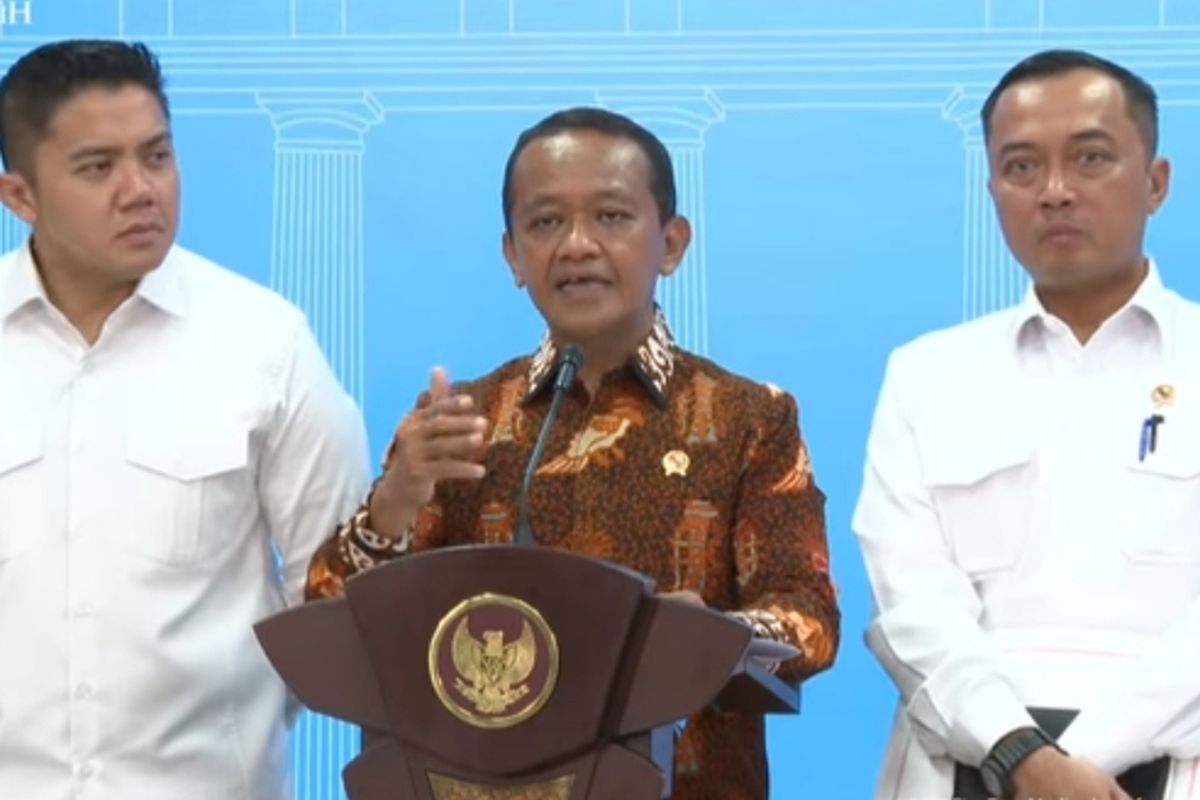Indonesia, the world’s largest nickel producer controlling roughly 63% of global output, is examining a nickel oversupply moratorium amid disappointing prices and battered margins. Energy Minister Bahlil Lahadalia revealed that authorities are evaluating issuing a production cap, or moratorium, on nickel mining concessions due to oversupply concerns. This move comes as nickel prices plunged from highs above $48,000/ton in early 2022 to below $15,000/ton in April 2025. With a nickel oversupply moratorium, Indonesia aims to stabilize the market and prevent further erosion in producer margins.
Why a Nickel Oversupply Moratorium Now?
Oversupply and price collapse:
Rapid expansion in Indonesian output, 227 million tonnes in 2024, with plans for up to 240 million tonnes through 2026, has flooded markets. The price crash has forced many global nickel producers into loss.
Industrial coordination needed:nMinister Bahlil stressed evaluating concession plans (RKAB) before granting new ones. He noted that without sufficient demand from domestic smelters, ramping up production risks further destabilization. A nickel oversupply moratorium would allow regulators to align supply with actual industrial absorption.
Historical precedent:
Already in late 2024, the government paused new raw nickel exports and slowed quota approvals to stabilize prices. The current moratorium discussion is a broader continuation of that policy.
What Could the Moratorium Entail?
Quota reduction:
Indonesia is reportedly discussing reducing annual quotas to around 150 million tonnes from current levels. This would represent a 30-40% cut in planned production.
Restricting new mining permits:
Minister Bahlil mentioned halting new mining licenses until verified demand exists—particularly for smelters ready to process nickel ore. The government would scrutinize RKAB submissions to prevent approvals exceeding industrial capacity.
Targeted approach:
Rather than a blanket ban, the proposed nickel oversupply moratorium would focus on permitting stages, ensuring these align with real market demand. Only proven and compliant smelters would secure quotas.
Impact on Price, Industry, and Economy
Price stabilization expectations:
Analysts foresee that curbing production could ease global oversupply and lift LME nickel prices from the five-year low of ~$13,865/ton. Higher prices would improve margins and viability for both domestic and international producers.
Support for smelters and downstream:
Smelter operators, especially those using nickel pig iron and RKEF techniques, have indicated losses due to cheap ore. A controlled supply environment could enhance profitability and attract investment.
Export competitiveness vs sustainability:
While cutting supply may dampen export volumes, the policy is meant to help maintain revenue per tonne. For state-linked firms like Antam and others, stable pricing could secure long-term earnings.
Market signal to investors:
A carefully managed nickel oversupply moratorium sends a signal: Indonesia is serious about market stewardship and avoiding boom‑and‑bust cycles in its flagship commodity.
Challenges Ahead and Policy Considerations
Balancing domestic and global interests:
Indonesia’s push to fuel EV battery and nickel-based manufacturing requires steady ore flow. The government must balance local downstream demand with global export obligations while avoiding supply squeezes.
Implementation complexity:
Enforcing a moratorium on RKAB and quotas across hundreds of concessionaires presents administrative challenges. Accurate demand assessments and rigorous permit reviews are critical.
Industry response: Mining companies and smelters may resist caps that could constrain revenue. Transparent stakeholder engagement and phased implementation will be vital to avoiding backlash.
Duration and scope: The “moratorium” may be short-term and adjustable rather than indefinite. Bahlil’s priority appears to be preventing excessive disbursements in RKAB and ensuring supply matches absorption .
Outlook: Toward Sustainable Nickel Market Dynamics
With global nickel demand projected to outpace 1 million tonnes by 2030 under aggressive EV adoption, stabilizing current oversupply is essential. A nickel oversupply moratorium, combined with supply‑demand coordination, is intended to set the stage for healthier market fundamentals before growth resumes.
For Indonesia, whose nickel ambitions also support downstream investment and economic diversification, this move could protect long-term strategies. Stability now may pay dividends later in global integrated battery supply chains.
Read More






 Friday, 27-02-26
Friday, 27-02-26







